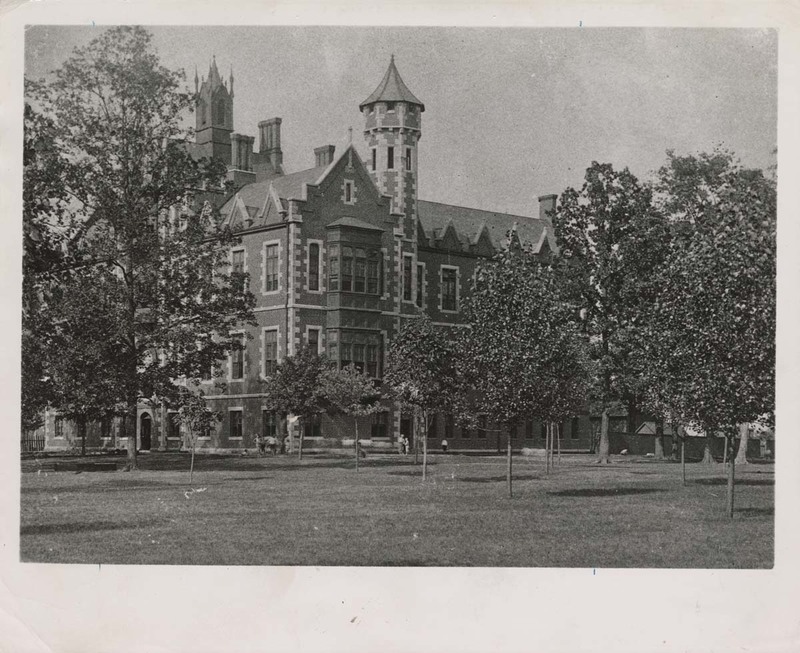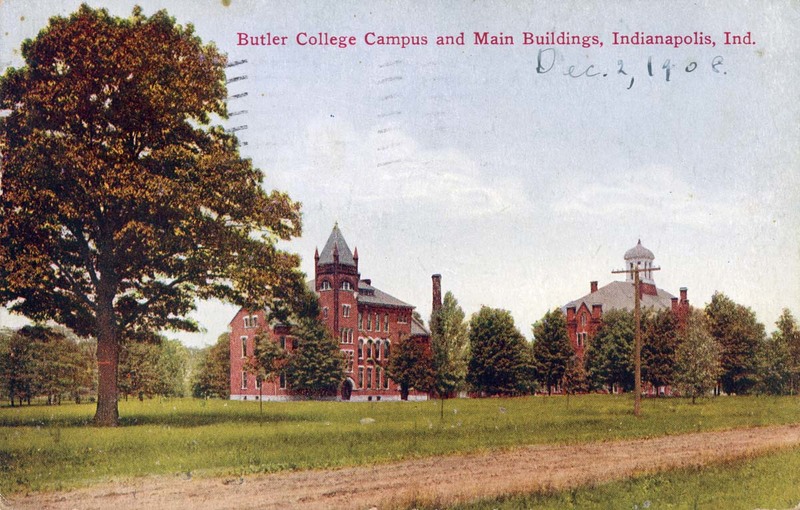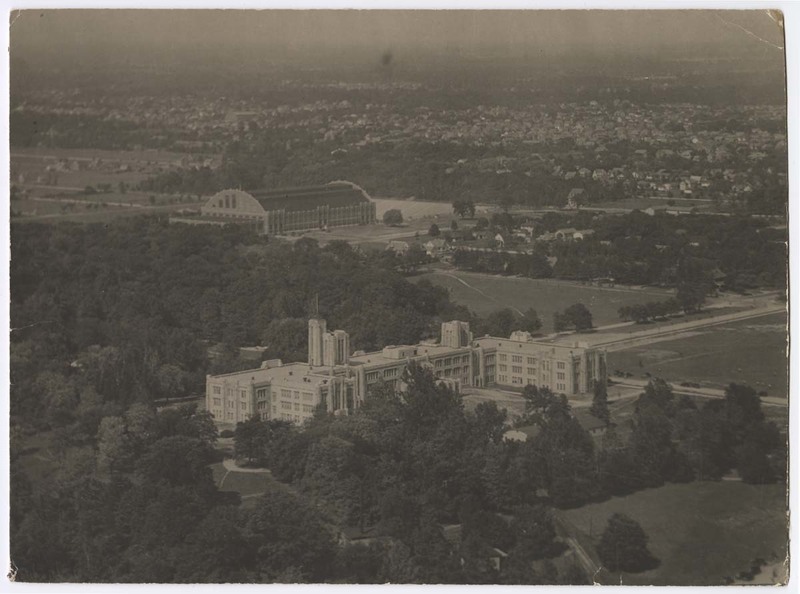From the first day of classes in 1855, Butler University—formerly North Western Christian University—made no restrictions on admittance based upon gender, race, or religion. Ovid Butler, as well as the other founders at the time, held strong abolitionist beliefs that carried over into their lives and vision for the University. Over the years many other influential individuals have contributed to this vision.
This early commitment to accepting a diverse student body and providing equitable access to education created the Butler that we know today: one emphasizing the principles of diversity, equity, and inclusion. While Butler has striven through the years to uphold these principles, the University has not always succeeded, as generational attitudes, regional realities, and institutional policies have barred progress. However, Butler’s people—students, staff, faculty, administration, and alumni—continue to keep pushing the institution forward.
This exhibit explores the history of Founder’s Day, the founders—including Ovid Butler—the initial ideas for and ideals of the University, both positive progress and negative shortcomings, and a broad overlook of the growth and change of its campuses and programs. As a historically religious school founded in the pre-Civil War Midwest, Christianity, education, and racism and segregation are discussed.
Created by the Department of Special Collections, Rare Books, and University Archives at Butler University Libraries, this exhibit was originally on display in the Reilly Room at Atherton Union as well as the Irwin Library during February of 2025. Built upon years of Special Collections' dedicated historical research, this exhibit brings together new information and content from past exhibits, showcasing the department's unique collections.
For more information, please visit the Special Collections website.


